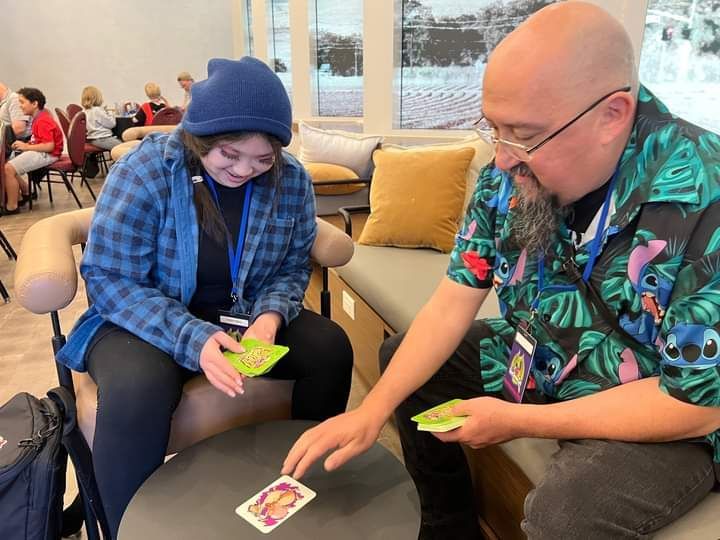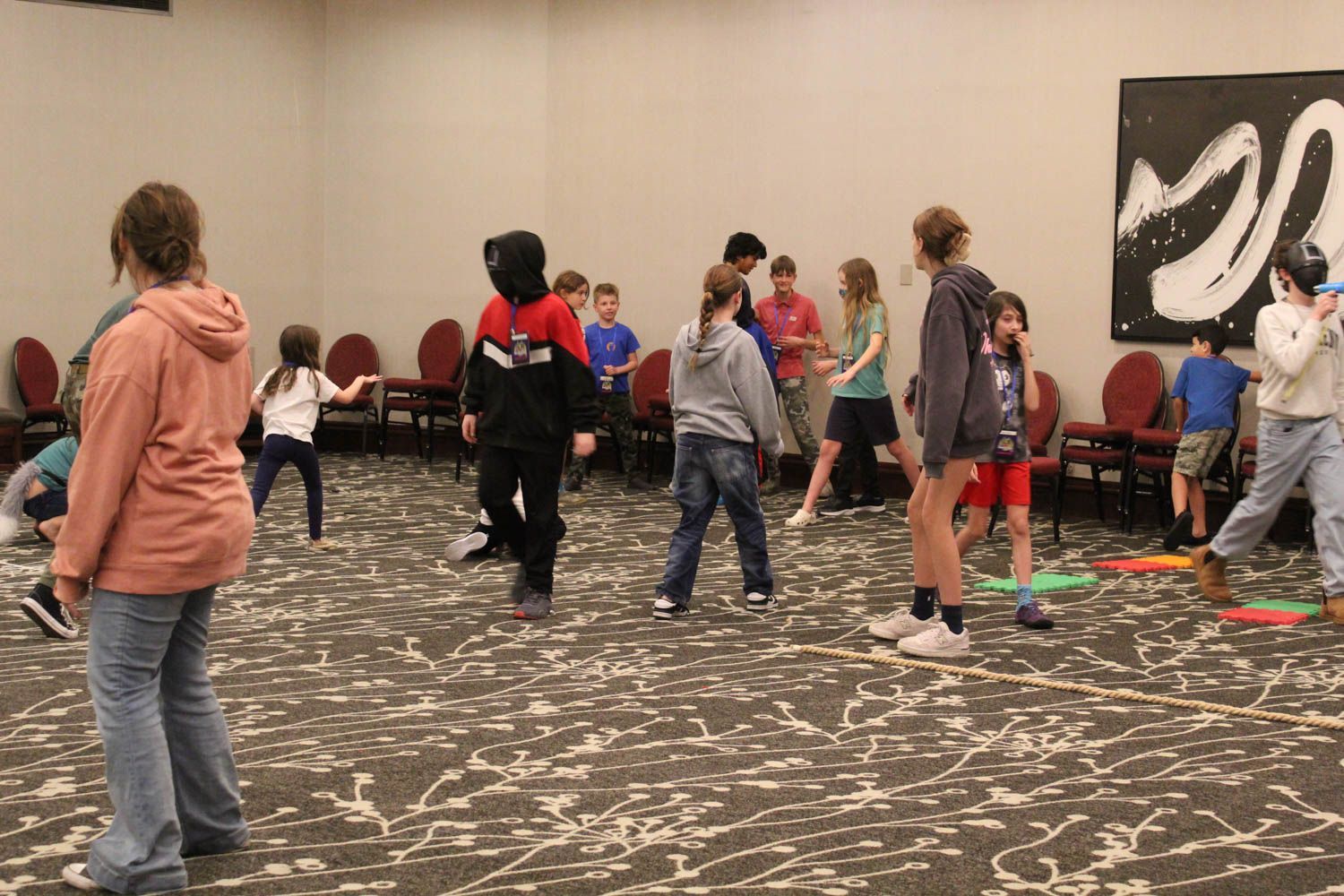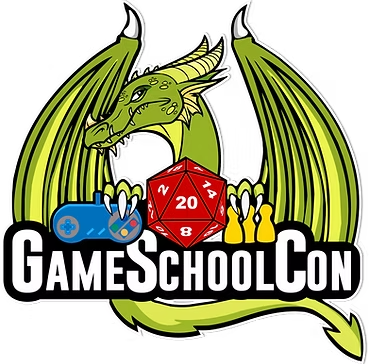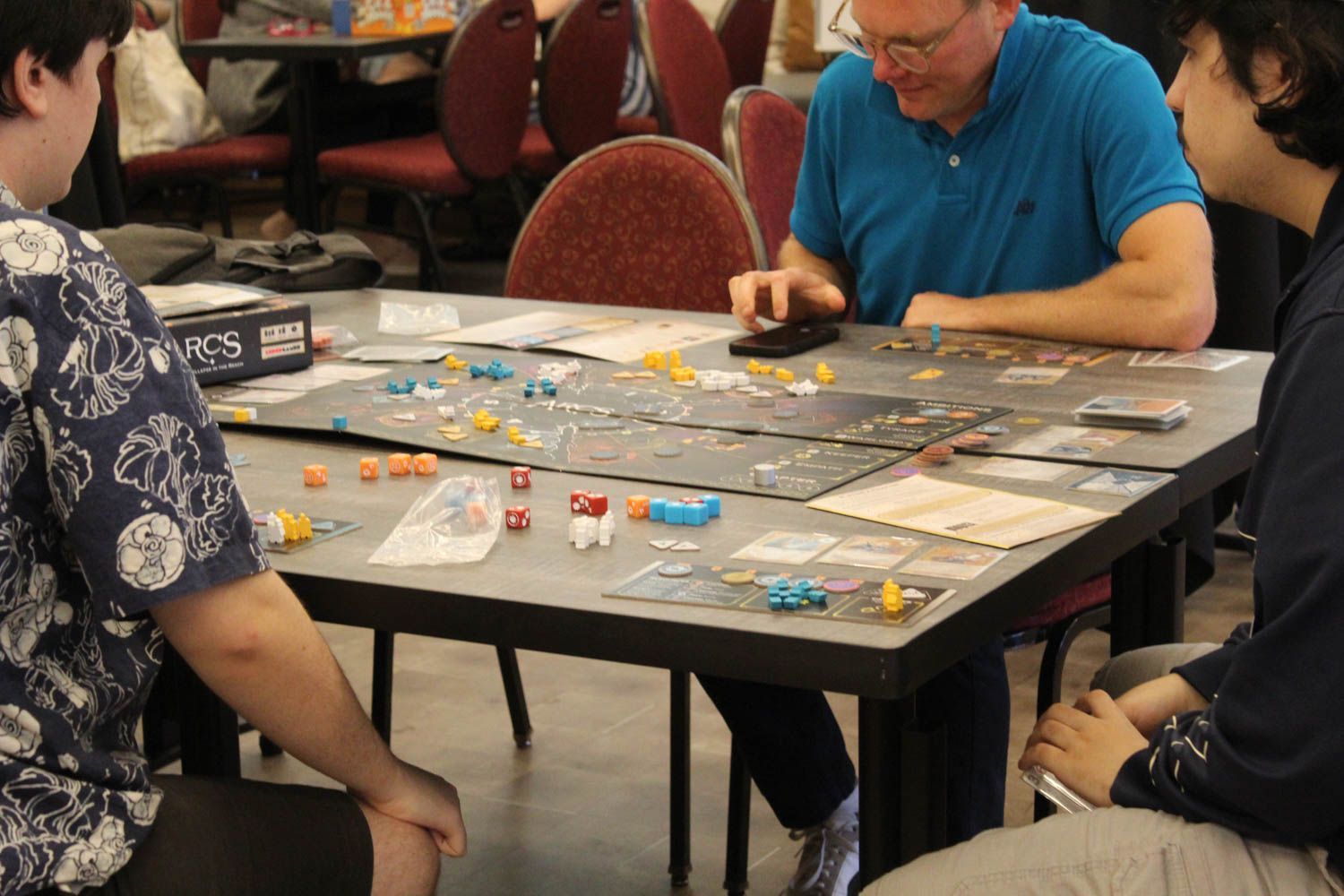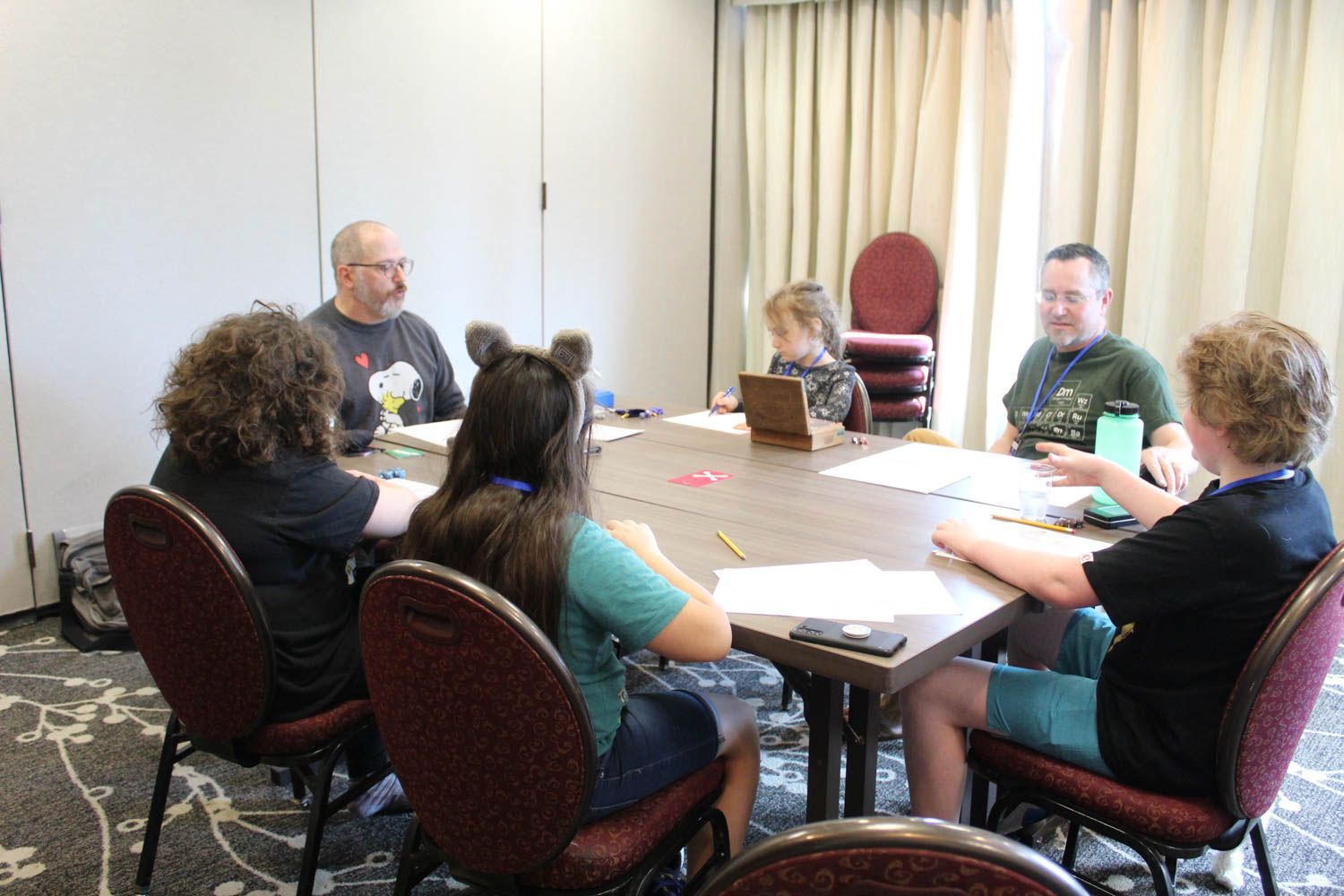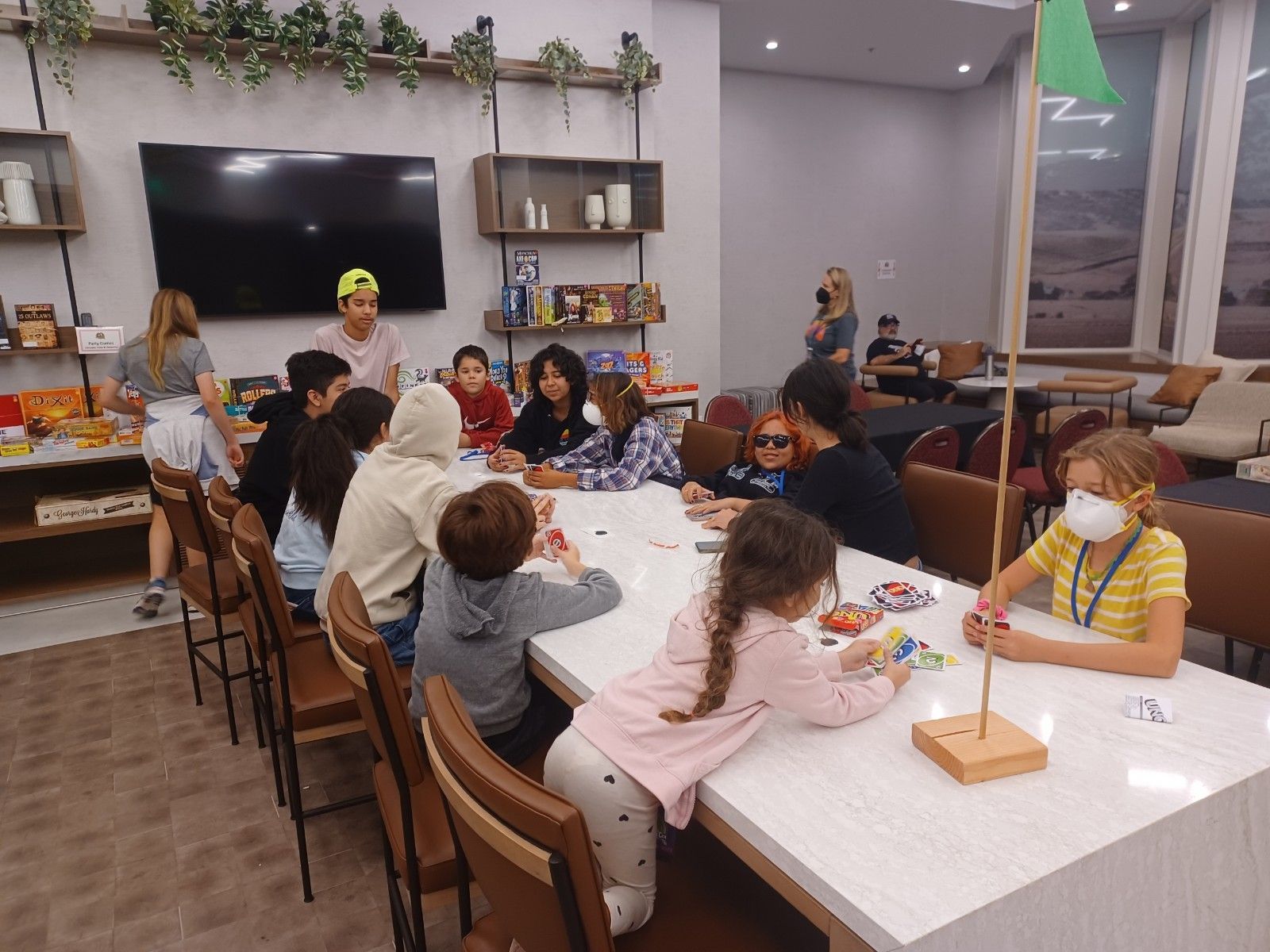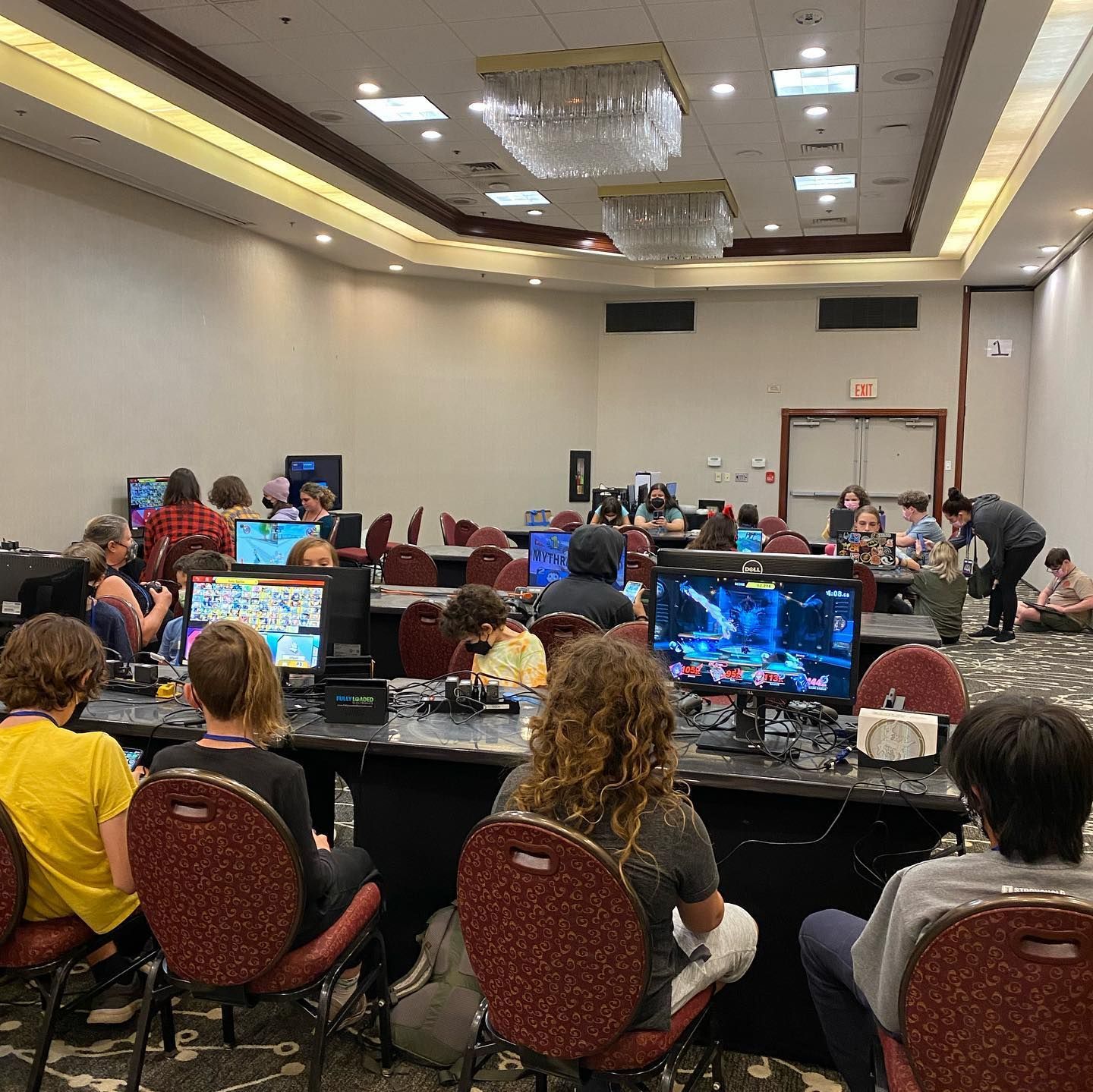February 19-22, 2026
5 Games That Teach Kids Real Leadership Skills
Alex Cook • October 6, 2025
How Games Build Leadership Skills
Parents often worry that games teach bad habits, but many of the most popular titles are quietly building leadership qualities. Whether it’s coordinating under pressure, adapting to chaos, or learning to read a room, these games develop the same soft skills that great leaders use every day. From the living room to the boardroom, here are five games that are shaping tomorrow’s leaders.
1. Communication: Codenames
Codenames looks simple at first glance; it’s just a grid of words and a few cards. But the real challenge comes from the invisible wall between teammates. One player knows which words belong to their team, and the other has to guess them using only single-word clues.
That means every round is a crash course in communication.
The clue-giver has to think like their teammate: “If I say ‘animal,’ will they think ‘cat’ or ‘bat’? And will they accidentally pick the assassin word?” It’s a delicate balancing act of precision, empathy, and strategic word choice. Too vague, and you lose progress; too specific, and you risk disaster.
This dynamic mirrors real-world communication challenges, especially in leadership, where clarity and mutual understanding can make or break a team. Codenames trains players to anticipate misunderstandings before they happen, to choose their words carefully, and to think from another person’s perspective. For kids, that means developing not just vocabulary, but emotional intelligence. They learn that communication isn’t just about talking; it’s about ensuring the message lands where you want it to.
2. Adaptability: Flux
If there were ever a game to teach flexibility, it’s Flux. The name says it all: the rules, goals, and even the way you win are constantly changing, and written as you go. One turn, you might need to collect cats and milk; the next, you might suddenly win by having a rocket and the moon. Nothing stays the same for long.
At first, this can feel chaotic, but that’s the point. Players quickly realize that success in Flux doesn’t come from memorizing rules, but from staying adaptable and strategic amid change. You must evaluate shifting objectives, reassess your priorities, and make prompt adjustments.
That doesn’t mean there is no strategy; instead, players are encouraged to master the chaos to their advantage. Low on cards? Change the rules to get more draws. Have a winning combination of cards in hand? Wait till you have enough plays to win in one turn, before someone stops you. Flux is a game that teaches you that the world might be chaotic, but a good leader can master that chaos with preparation, strategy, and patience.
3. Decision-Making: Call of Duty (and Other Shooters)
Yes, you read that right. Call of Duty and similar shooters are teaching your kid leadership skills, not turning them into soldiers. Beneath the explosions and fast reflexes, these games are built on teamwork, communication, and split-second
decision-making.
Every match forces players to analyze a constantly evolving battlefield. Who’s covering which angle? Should the team defend or push forward? Which route gives the best tactical advantage? These are complex, high-pressure decisions that must be made in seconds, often with incomplete information.
Great players don’t just react; they plan, coordinate, and adapt to support their team. They learn the importance of role fulfillment. Sometimes, you’re the hero, but sometimes you’re the support that enables that hero, and sometimes you are the distraction. This awareness and discipline mirror real-world leadership.
Shooters reward players who keep calm under pressure, communicate clearly, and make the best choice for the group rather than for themselves. So, while it might sound strange, Call of Duty is a violent game, but it is not mindless. Those bouts of anger and yelling come not from the joy of killing, but from the intense rush of adrenaline that comes from working (or not working) with a team.
4. Problem-Solving: Portal
Portal isn’t just a game; it’s a masterclass in creative thinking. Armed with a gun that opens two connected portals on any surface, the player is tasked with escaping an increasingly complex series of puzzle rooms.
What begins as “put a cube on a button to open a door” soon becomes flinging yourself across massive gaps and managing your limited resources to reach the door.
What makes Portal special is how it teaches without teaching. There’s no real tutorial; each puzzle builds naturally on what you learned before. Players experiment, fail, and learn from their mistakes. Over time, they begin thinking like engineers, extracting the most value from every tool given to them and learning new properties they can utilize to their advantage. Each new way to use the Portal Gun is another way to solve a puzzle.
That’s exactly what leaders do: face unfamiliar problems, use logic to break them down, and when they learn something new, keep that knowledge as a powerful new tool for the future.
By the end of the game, your child isn’t just solving puzzles; they’re building a mindset that thrives on curiosity, resilience, and problem-solving.
5. Awareness: Coup
The tension in Coup begins long before anyone takes a turn. Every player claims a secret identity with special abilities, but lying is not only allowed, it’s expected. The goal is simple: outwit and outlast everyone else. But to do that, players must track every action, every coin, and every facial twitch in the room.
Awareness in Coup isn’t just about knowing the rules; those are simple enough to fit on one card. Instead, Coup is about keeping track of every word said by your competition, every coin they collect, and getting into their head.
Players constantly balance deduction, psychology, and risk assessment. What risk do you pose by bluffing here? Each card you claim to have is another chance of being proven wrong, or worse, becoming a target.
The game demands focus. A single missed detail can unravel your entire strategy. However, with practice, players become experts at managing information, identifying patterns, and making informed decisions under pressure.
In other words, Coup trains situational awareness—one of the most vital skills for leadership. Whether in a meeting or a mission, leaders who notice the small things make the most significant impact.
Leadership Lessons from the Game Table
Leadership isn’t built overnight, and it doesn’t come only from textbooks or team sports. It grows through experience—especially the kind that challenges you to think, adapt, and communicate. Games often offer those lessons in spades. So the next time your child gathers friends for a gaming session, remember: they’re not just playing; they’re learning how to lead.
Ready to see learning come alive through play? Join us at GameSchoolCon, February 19-22, 2026, where families, educators, and gamers connect, learn, and grow together.
Written by Alex Cook for GameSchoolCon. Alex is a grown gameschooler, writer, and speaker. He’s a senior in college studying Strategic Communications and loves exploring how games, media, and storytelling shape the way we connect and learn.
